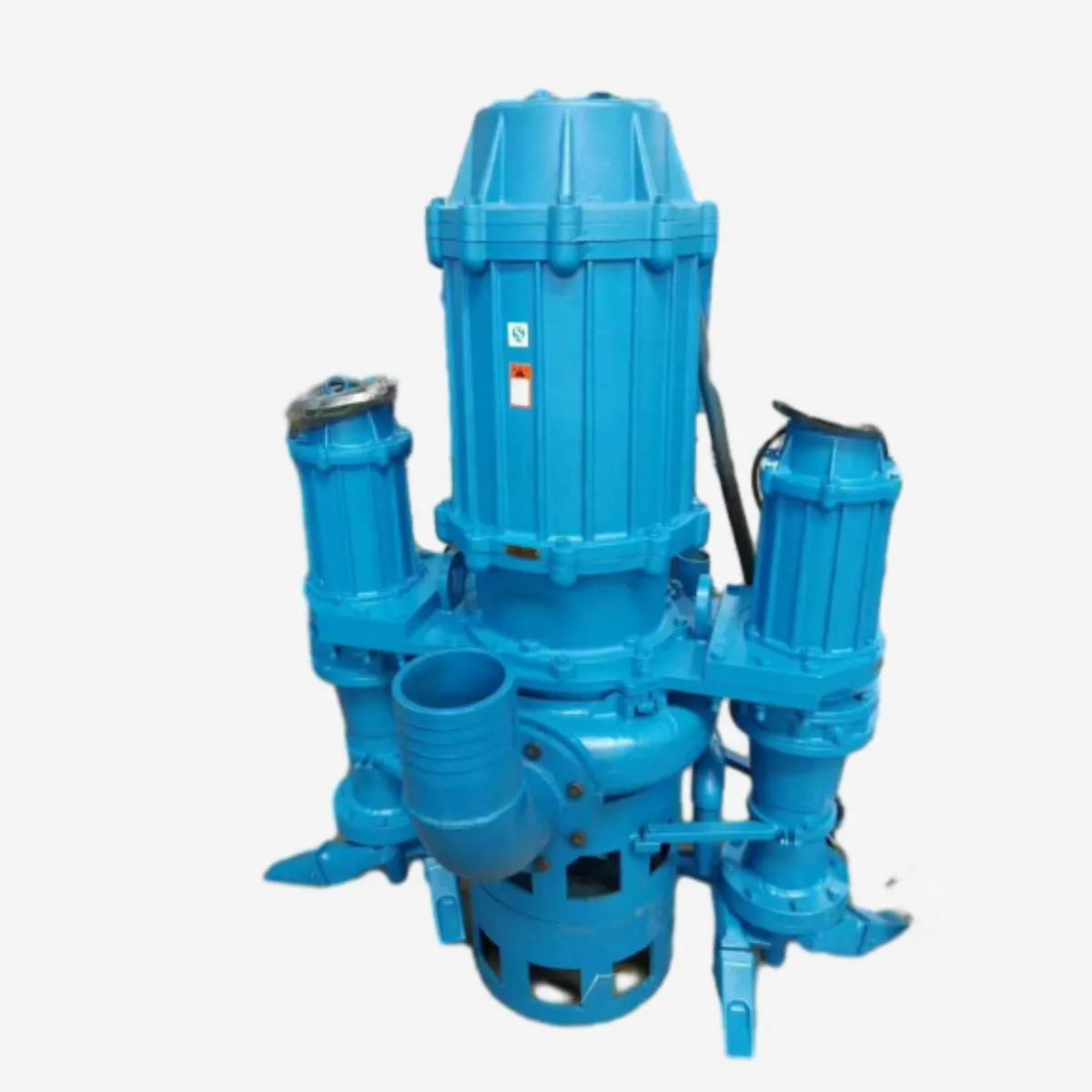English
- Afrikaans
- Albanian
- Amharic
- Arabic
- Armenian
- Azerbaijani
- Basque
- Belarusian
- Bengali
- Bosnian
- Bulgarian
- Catalan
- Cebuano
- Corsican
- Croatian
- Czech
- Danish
- Dutch
- English
- Esperanto
- Estonian
- Finnish
- French
- Frisian
- Galician
- Georgian
- German
- Greek
- Gujarati
- Haitian Creole
- hausa
- hawaiian
- Hebrew
- Hindi
- Miao
- Hungarian
- Icelandic
- igbo
- Indonesian
- irish
- Italian
- Japanese
- Javanese
- Kannada
- kazakh
- Khmer
- Rwandese
- Korean
- Kurdish
- Kyrgyz
- Lao
- Latin
- Latvian
- Lithuanian
- Luxembourgish
- Macedonian
- Malgashi
- Malay
- Malayalam
- Maltese
- Maori
- Marathi
- Mongolian
- Myanmar
- Nepali
- Norwegian
- Norwegian
- Occitan
- Pashto
- Persian
- Polish
- Portuguese
- Punjabi
- Romanian
- Russian
- Samoan
- Scottish Gaelic
- Serbian
- Sesotho
- Shona
- Sindhi
- Sinhala
- Slovak
- Slovenian
- Somali
- Spanish
- Sundanese
- Swahili
- Swedish
- Tagalog
- Tajik
- Tamil
- Tatar
- Telugu
- Thai
- Turkish
- Turkmen
- Ukrainian
- Urdu
- Uighur
- Uzbek
- Vietnamese
- Welsh
- Bantu
- Yiddish
- Yoruba
- Zulu
Telephone: +86 13120555503
Email: frank@cypump.com
Aug . 05, 2024 13:01 Back to list
Exploring the Applications and Benefits of Pipeline Injection Pump Technologies in Modern Industry
Understanding Pipeline Injection Pumps Functionality and Applications
Pipeline injection pumps play a crucial role in various industries, particularly in the transportation of fluids. These pumps are designed to inject additives, chemicals, or other substances into a pipeline system at controlled rates and pressures. This functionality is essential in a variety of applications, ranging from water treatment to oil and gas operations. Understanding how these pumps work, their types, and their significance can provide insights into their critical role in modern industrial processes.
How Pipeline Injection Pumps Work
Pipeline injection pumps are specialized devices that introduce fluids into a pipeline. The process typically involves pressurizing the injection fluid and delivering it through a nozzle or an injection point in the pipeline. These pumps can operate based on different principles, such as positive displacement or centrifugal action, depending on the specific requirements of the application.
Positive displacement pumps are commonly used for injection purposes because they can deliver a precise volume of liquid at a consistent pressure. This characteristic is especially important when dealing with chemicals that must be introduced in exact formulations to avoid contamination or reaction inconsistencies. The ability to control flow rates ensures that the right amount of chemical is injected, making these pumps vital for maintaining product quality and safety.
Types of Pipeline Injection Pumps
There are several types of pipeline injection pumps, each designed for specific applications
. The most common types include diaphragm pumps, piston pumps, gear pumps, and screw pumps.1. Diaphragm Pumps These pumps use a flexible diaphragm to create a vacuum that draws fluid in and then pushes it out. They are particularly advantageous for applications requiring chemical compatibility and leak prevention.
pipeline injection pump

2. Piston Pumps Utilizing a piston mechanism, these pumps can deliver high-pressure outputs, making them suitable for heavy-duty applications. They are often used in oil and gas industries where high pressures are a norm.
3. Gear Pumps These pumps rely on rotating gears to move liquid. They offer a smooth flow and are effective for transferring viscous fluids, making them ideal in many industrial settings.
4. Screw Pumps Known for their continuous and steady flow capabilities, screw pumps are excellent for transferring large volumes of liquids, particularly in wastewater treatment and chemical processing.
Applications of Pipeline Injection Pumps
The applications of pipeline injection pumps are vast and varied. In the water treatment industry, these pumps are essential for injecting chemicals such as chlorine or coagulants to purify water. In the oil and gas sector, they are employed to inject chemicals that prevent corrosion, hydrate formation, and other issues that can arise during the transportation of crude oil and gas.
Moreover, in the chemical manufacturing field, precise injection of catalysts or other additives is crucial for maintaining product integrity. These pumps are also used in food and beverage processing to add ingredients, flavors, or preservatives.
Conclusion
Pipeline injection pumps represent a cornerstone of efficient fluid management in numerous industrial sectors. Their ability to precisely control the injection of various fluids ensures that processes operate smoothly and safely. As industries continue to evolve and require more sophisticated fluid handling solutions, the role of pipeline injection pumps will become increasingly significant. Understanding their functionalities and applications not only enhances operational efficiency but also ensures compliance with safety and environmental regulations. Thus, investing in the right type of injection pump is crucial for any operation that relies on fluid transport and management.
-
ISG Series Vertical Pipeline Pump - Chi Yuan Pumps | Advanced Engineering&Industrial Efficiency
NewsJul.30,2025
-
ISG Series Pipeline Pump - Chi Yuan Pumps | High Efficiency, Energy Saving
NewsJul.30,2025
-
ISG Series Vertical Pipeline Pump-Chi Yuan Pumps|High Efficiency&Reliable Performance
NewsJul.29,2025
-
ISG Series Vertical Pipeline Pump|High Efficiency&Low Noise
NewsJul.29,2025
-
ISG Series Vertical Pipeline Pump - Chi Yuan Pumps Co., LTD.|High Efficiency, Energy Conservation, Low Noise
NewsJul.29,2025
-
ISG Series Vertical Pipeline Pump-Chi Yuan Pumps Co., LTD.|High Efficiency&Energy-Saving
NewsJul.29,2025










